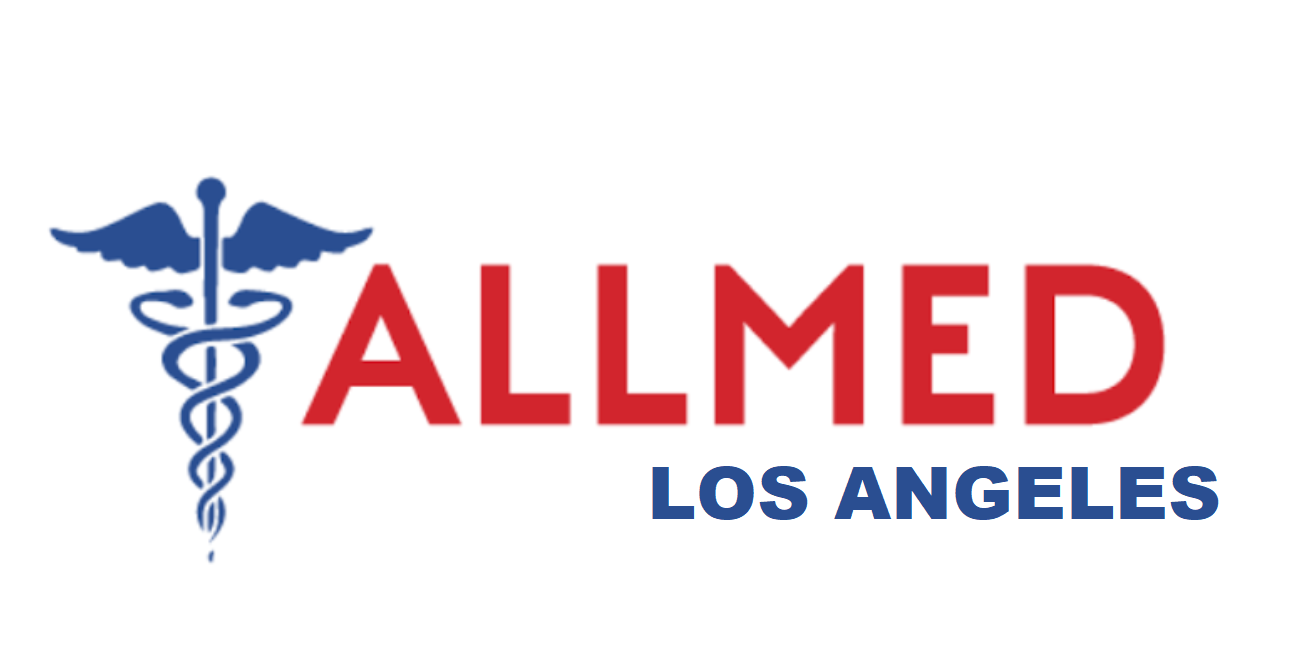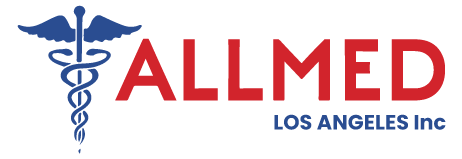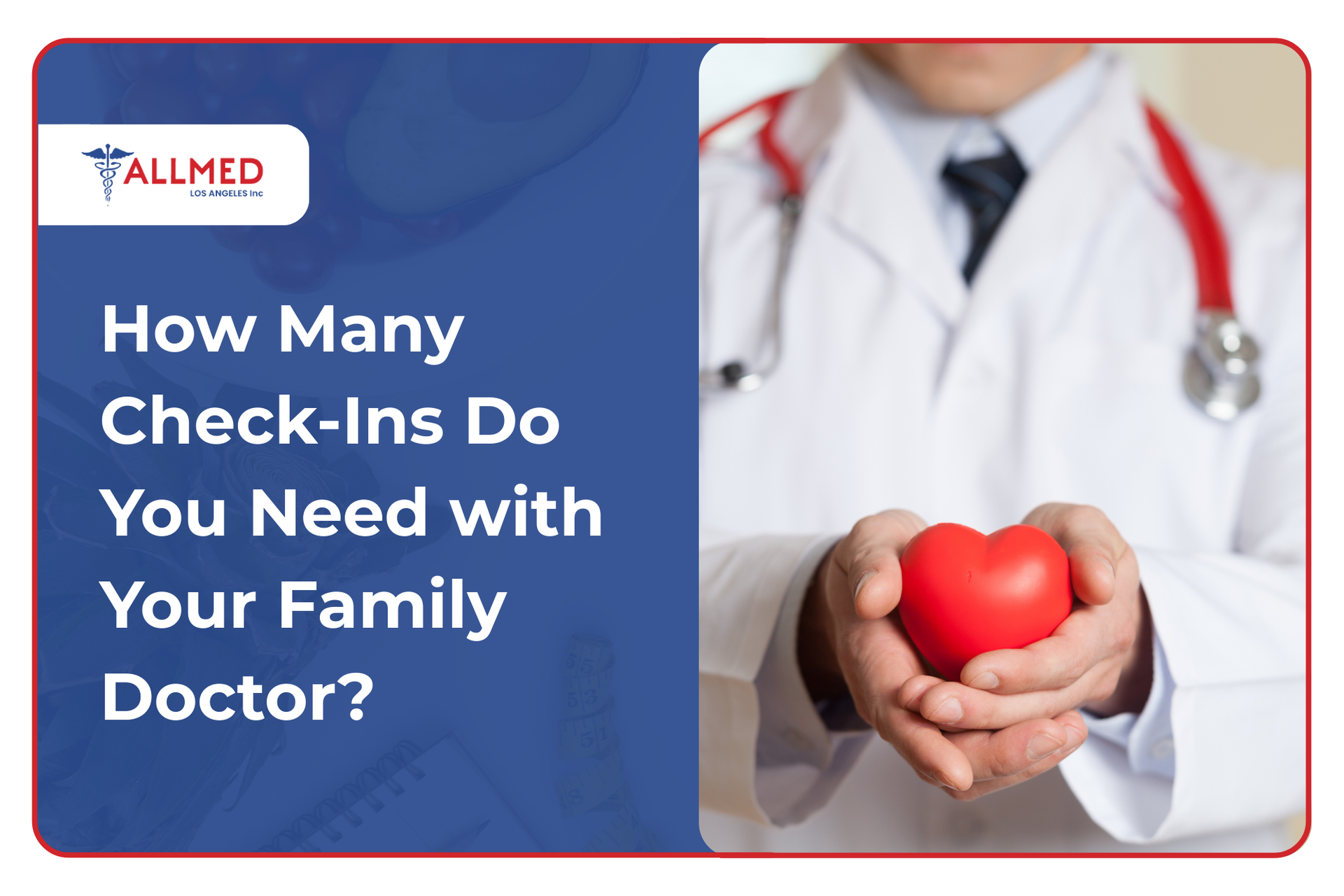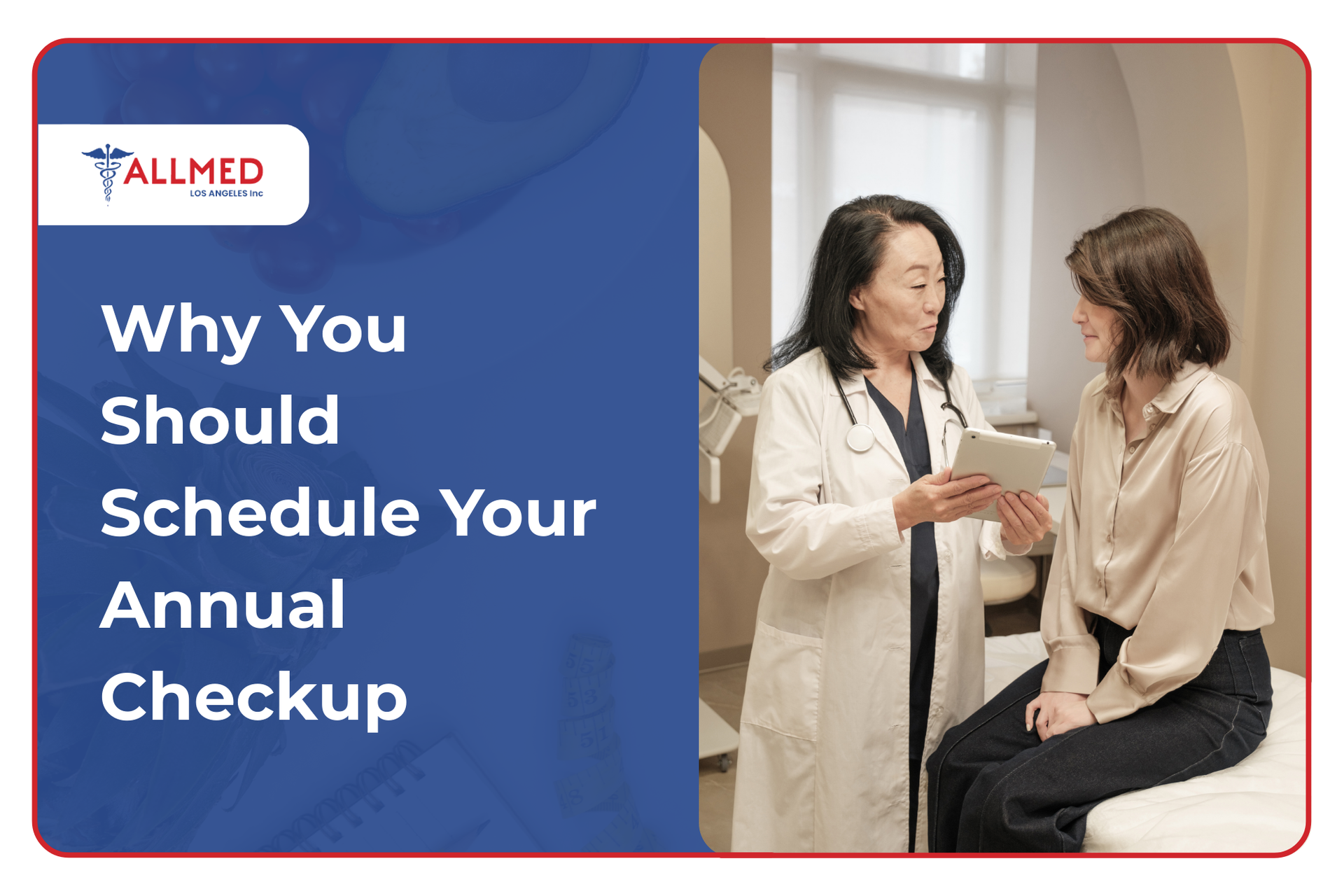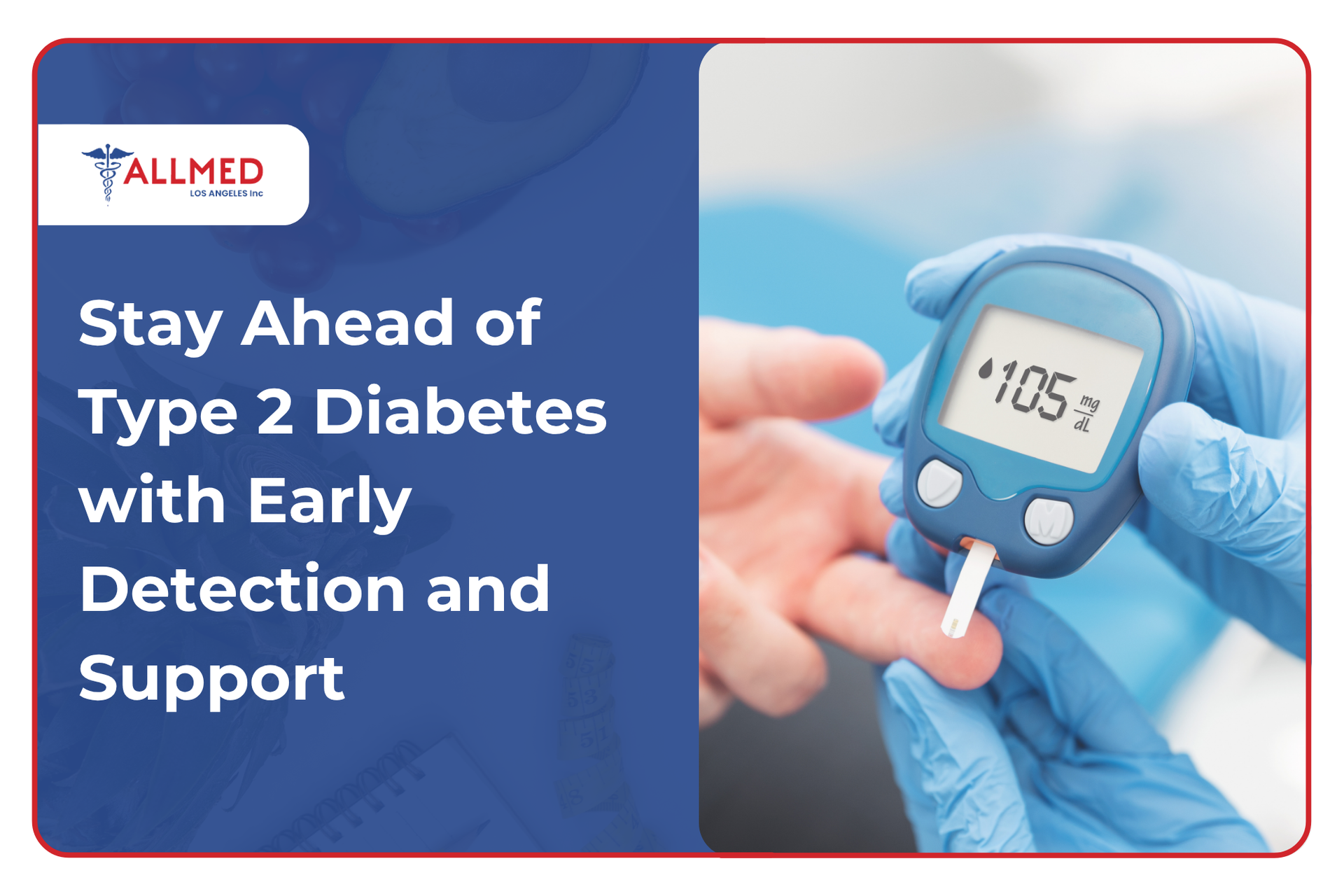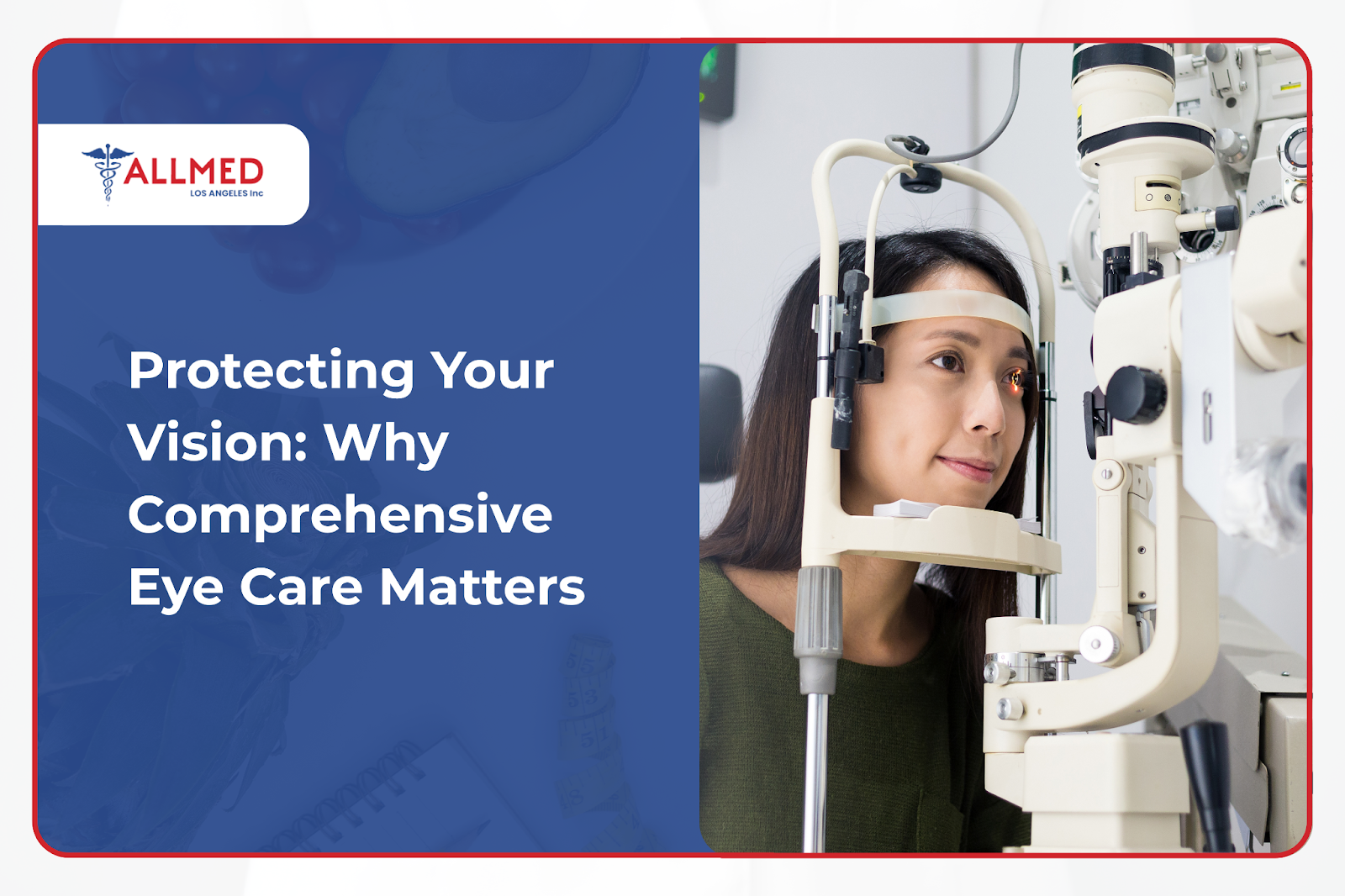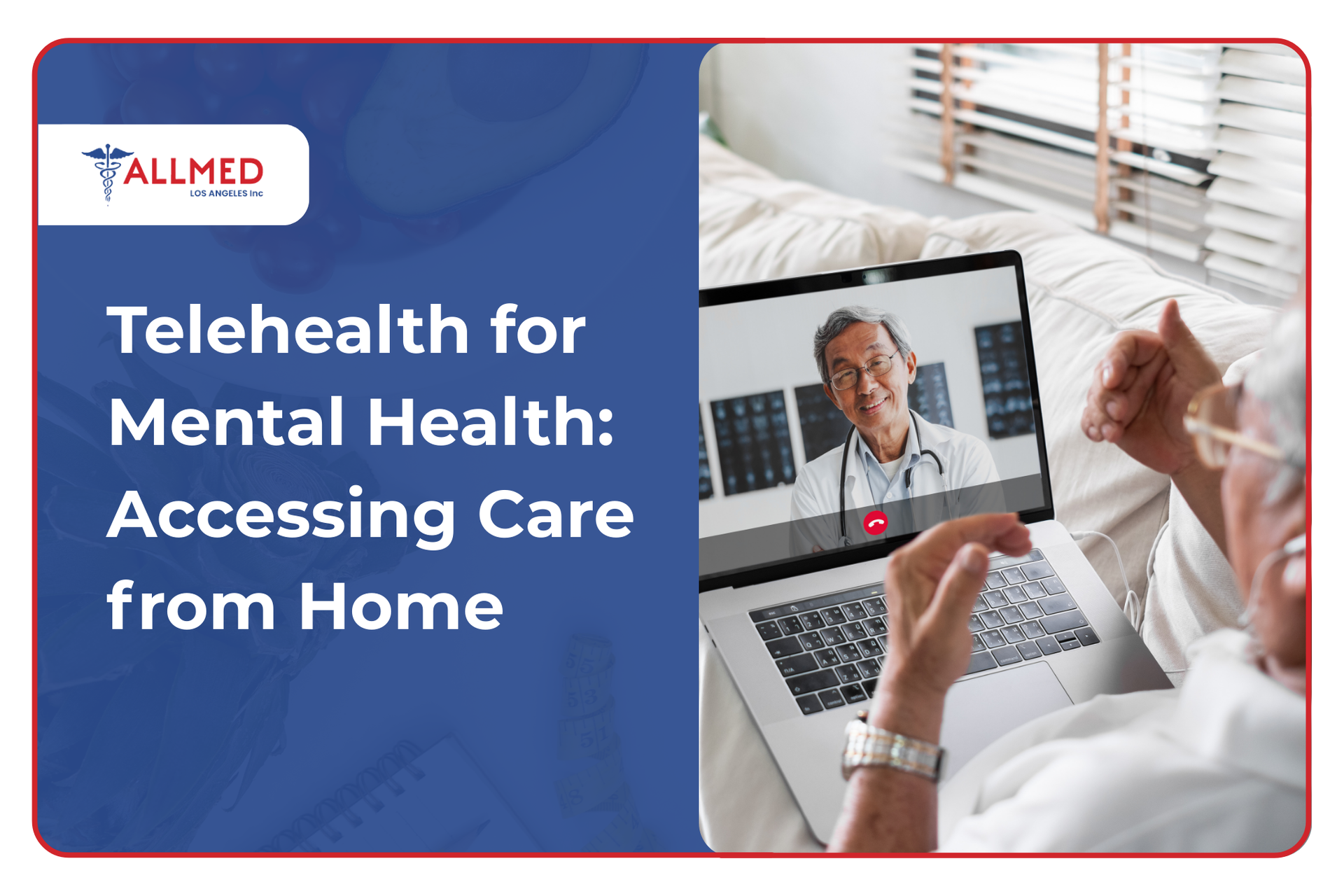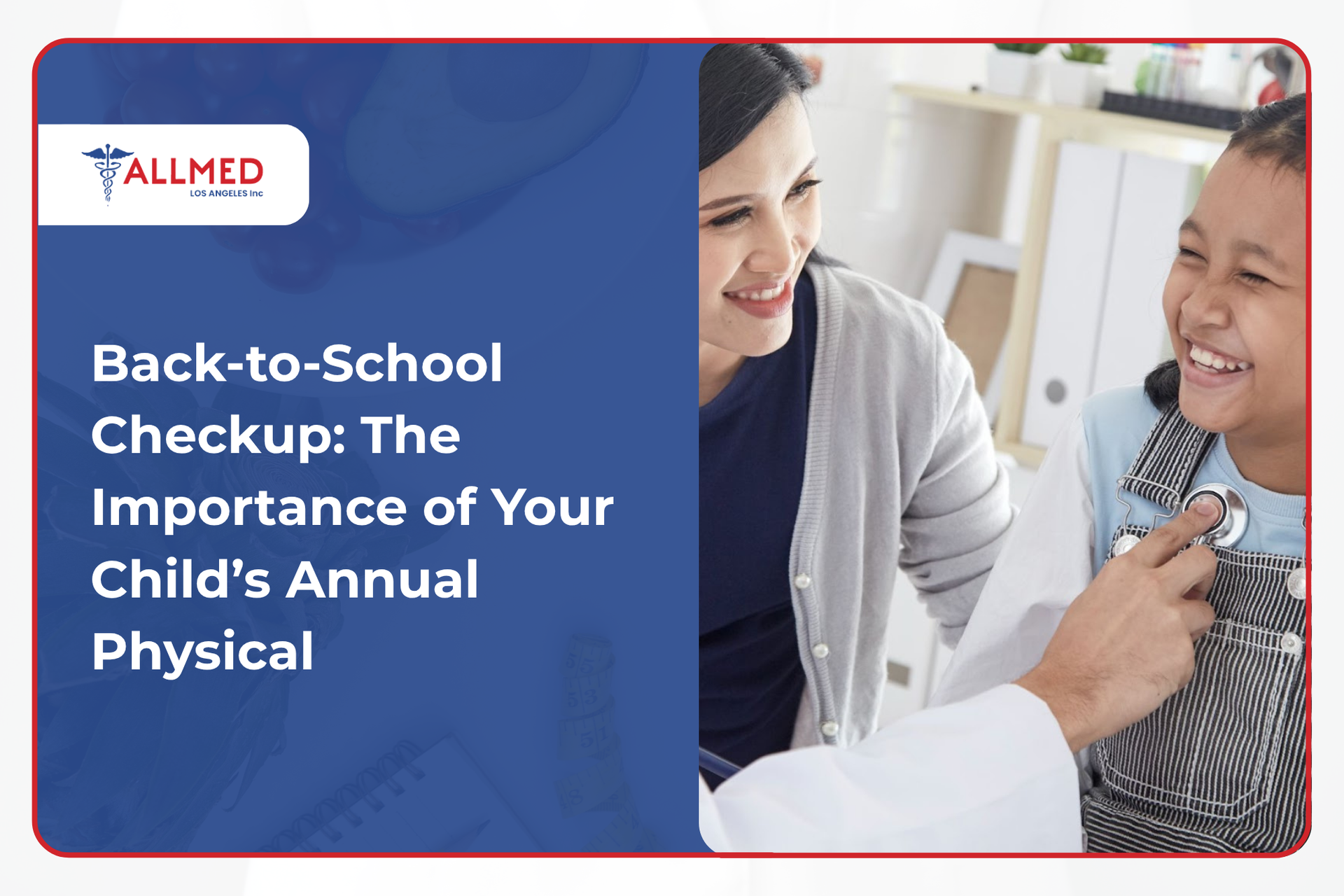Every October, we see pink everywhere on ribbons, t-shirts, and social media posts. And while it’s easy to scroll past or think “I already know about breast cancer,” awareness is really just the first step.
Here’s the thing: awareness only matters if it leads to action. A lot of people skip their mammograms. Maybe you’re one of them. Life gets hectic, right? Between work, family, and everything else on your plate, scheduling a screening can feel like adding one more tedious task to your already full list. Maybe there’s a little voice in the back of your head saying, “I feel fine, so I’m probably fine.”
At
Allmed LA, we’re not here to lecture you or add to your stress, but to remind you that taking care of yourself is a choice you have to make. Schedule a mammogram with us today, because when it comes to breast cancer, early action truly can make all the difference.
Early Detection Starts with One Step
What Happens and Who’s at Risk for Breast Cancer?
Breast cancer, in simple terms, is what happens when cells in the breast grow and divide uncontrollably. Over time, these abnormal cells can form a lump or spread to nearby tissues.
It sounds serious, but it is also highly treatable with
early screenings.
Who’s at Risk?
Honestly, anyone. There are a few risk factors for breast cancer that do increase your likelihood:
- Age
– Most breast cancer cases are diagnosed in women over 40, but younger people can get it too.
- Family History/Genetics – If breast cancer runs in your family (or if you have certain gene mutations like BRCA1 or BRCA2), your risk is higher.
- Hormonal Factors – Early menstruation, late menopause, or hormone therapy can affect risk levels.
- Lifestyle
– Limited physical activity, poor diet, smoking, or excessive alcohol use can all contribute to your risk.
There are different types of breast cancer, and it is usually more common in women, but men (and kids) can get it too.
The Life-Saving Role of Early Screening
When detected early, treatment is usually less aggressive (and less pricey), recovery is faster, and survival rates are significantly higher. In fact, the American Cancer Society stated that the
5-year survival rate for breast cancer is about 90% if found in its earlier stages.
What types of breast cancer screenings should you get?
The most common ones will include:
- Mammogram
– This is the gold standard for breast cancer screening. It’s an X-ray of the breast that can spot tumors long before you’d even feel them.
- Breast Ultrasound – Often used as a follow-up if something shows on a mammogram, or if you have dense breast tissue.
- MRI
– Breast MRI is usually reserved for high-risk individuals or those with a strong family history. It’s more detailed than a mammogram and uses magnets and radio waves.
- Breast Self-Exam – While not an official screening method, self-breast exam can help you notice any changes. If you feel a lump (which could also be thickening or a change in skin texture), it’s worth checking with your doctor.
Some of you may not prioritize screening at the top of your to-do list, or you may have a few misconceptions about it. Let’s address some of those.
“I don’t have time.”
Mammograms take about 20 minutes (give or take) from start to finish. These mere 20 minutes can already save a life.
“I can’t afford it.”
Many insurance plans, including Medi-Cal and Medicare, cover annual mammograms at no cost to you. Plus, here at Allmed LA, we can work with you to make sure cost isn’t a barrier to getting screened.
“I’m scared of what they might find.”
This is completely understandable, but not knowing isn’t exactly going to make it go away. Knowing gives you options, treatment, and a fighting chance.
“It is true that changing your life today means lowering your risk for tomorrow.”
Dr. Marisa Weiss
Founder of
breastcancer.org, in her Speakeasy “Think Pink, Live Green”
If you’ve been putting it off, let this be your sign to book that appointment with Allmed LA. It could be the decision that saves your life.
How Often Should You Get Screened?
If you’re convinced to get a screening, that’s great! Now, when should you start and how often should you go?
It depends on you. But there are some general mammogram guidelines that you can follow. Here’s what
breastcancer.org recommends:
It’s important to have a doctor you can talk to openly. A good doctor will help you decide on a screening schedule that fits your body and your risk factors.
Small Steps, Lifesaving Impact with Allmed LA
Scheduling that mammogram or reminding a friend to book theirs might feel like a small act, but it can make a big difference.
We started
Allmed LA because we believe healthcare should be about people. It should be accessible, compassionate, and built on trust.
Whether you're coming in for a routine screening or bringing a loved one who's nervous about their first mammogram, we're here for you.
Schedule Your Screening With Us
If you’re due (overdue) for one, pick up the phone. Make the appointment. If you have any concerns or would like early detection tips, we would be happy to guide you.
Have the Conversation
Text your sister. Call your mom. Ask your friend when she last went. Sometimes, all it needs is a small nudge.
Make It Easy on Yourself
No one is ever denied access just because they can’t pay. Our doors are always open for you.
Let’s make this October count. Let’s participate in breast cancer awareness campaigns by being a good example and scheduling your mammograms with us. Together, we can keep the message alive that early detection saves lives and keep everyone in our community happy, healthy, and safe.
You deserve to be here for all the moments that matter. And we’re here to help make sure you are.
Ready to Get Yourself Screened?
Frequently Asked Questions
Is breast cancer screening only for women?
No. While breast cancer is far more common in women, men can also develop it. Men with a family history of breast cancer or BRCA gene mutations should talk to their doctor about screening options.
What should I do if I find a lump or notice changes in my breast?
Don’t panic, but don’t delay either. Most lumps aren’t cancerous. However, you should contact your healthcare provider right away for an evaluation. They may recommend imaging tests or a clinical exam for reassurance and clarity.
How can I prepare for a mammogram?
Avoid using deodorant, lotion, or powder under your arms or on your breasts on the day of your exam, as these can appear on images. Wear a two-piece outfit for convenience, and if possible, schedule your mammogram for a time when your breasts are least tender (usually a week after your period).
Are there ways to lower my breast cancer risk?
Yes. Maintaining a healthy weight, staying physically active, limiting alcohol, and avoiding smoking can all help. If you have a strong family history, consider discussing genetic testing or enhanced screening options with your doctor.


